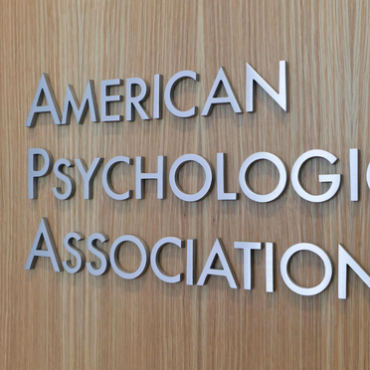Common Sense in Psychology

Psychology, Common Sense, and Beliefs
There is a major difference between common sense and science in that the former is natural and it has to do with immediate context or in other words it solves practice problems in daily lives. Writers who offer psychology assignment help at Edudorm essay writing service notes that common sense is biological and it is used for survival, social integration and in circumstantial situations. On the other hand, science deals with world and mechanism and it requires a level of understanding. Science arises from the desire for knowledge in understanding the universe.
Connection between Common Sense and Beliefs
First, in order to see the connection between the common sense and beliefs, it important to understand that people feel that they are using their common sense when they do their activities effectively in natural circumstances (Douglas, 2000). Experts who offer psychology essay help at Edudorm essay writing service indicates that thus, common sense provides beliefs to peoples that they have the moral character. The connection with belief arises when people understands that the common sense is a factual opinion on a specific phenomenon. Thus, they have the beliefs that their ideas are from common knowledge. Thus, the connection relates with people’s behavior in such a way that both offer fundamental assumptions (Douglas, 2000).
Belief Perseverance and Common Sense
Belief perseverance is when people cling on their initial thoughts in unjustifiable manner. The beliefs hey hold are unwarranted beliefs as they do not have any evidence (Douglas, 2000). According to various researches, it is found that people are not interested in common sense and to know the new information even if they find the preexisting beliefs are false. Authors who offer social science assignment help at Edudorm essay writing service points that problem arises when people come across scientific information which contradicts with preexisting beliefs. They usually reject new ideas as they cannot reject their prior beliefs. Belief perseverance interferes with critical thinking as people clings on their original understanding to avoid contradictory messages (Douglas, 2000). Instead of thinking critically, they hold their prior beliefs. After reading a text and gaining new ideas, they take a long time to change and the change also becomes unstable. This means that they don’t think critically neither do they examine and rethink but rather they use their initial beliefs to reinforce their position (Douglas, 2000).
To ensure critical thinking, I would employ these strategies. First, is identifying the purpose. In making decision, I have learnt that I will need to use common sense in order find the purpose of that decision. The purpose will act as the starting point and using the critical thinking I will employ the basic skills. Second is considering the implication of choice. By identifying the implication, I will be able to improve the decision by using different viewpoints. Third, I have leant that in critical thinking, it is important to employ the most useful ideas which will bring positive results.
References
Douglas, L. (2000). Enemies of Critical Thinking: Lessons from Social Psychology Research. University of Michigan-Dearborn, Dearborn, Michigan, USA


